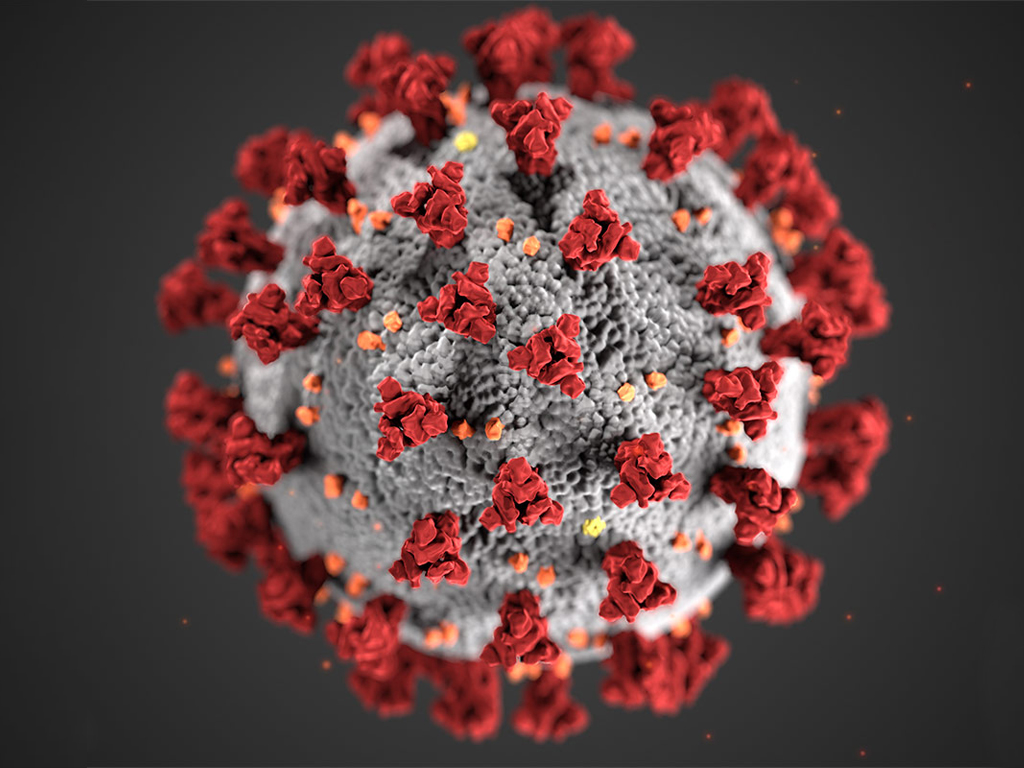Should economists lead Covid management?

As lockdown fatigue sets in Pakistan, the lives versus livelihood debate has intensified in the country. Political feuds aren’t helping, nor are TV anchors. Equally shocking is to see the mental inflexibility of the scholarly and influential people, not just among politicians, their followers and troll-army but also among professional economists. Perhaps narcissism of small differences is real after all, as is thick skin and cynicism manifested on Twitter.
The latest trigger in the lives versus livelihood debate was the reading of Yale University’s professor Mush?q Mobarak’s paper titled ‘the benefits and costs of social distancing in rich and poor countries’. Using a long known economic model that puts a dollar value to human lives, Mobarak and his co-author Zachary Barnett-Howell arrived at a conclusion that social distancing in poor countries imposed through strict lockdowns can lead to an increase in hunger, deprivation, and related mortality.
The authors have used the now-famous Imperial College report for their estimates of death. Titled ‘The Global Impact of COVID-19 and Strategies for Mitigation and Suppression’, the report assumed that poor countries like Pakistan will have lower deaths due to younger population. But their model does not capture the risks of greater prevalence of chronic illnesses, respiratory conditions, pollution, and malnutrition in poor countries, which could increase fatality rates from Covid-19. (Relevant reads: ‘Battling corona: perceptions matter’, March 30, 2020 & ‘Fighting corona: lessons from behavioural science’, April 3, 2020)
Mobarak’s paper recognises this limitation upfront. Yet it maintains that despite risks of underestimation, the differences in imputed welfare benefit remain vast. However, it appears that the authors have not done sensitivity analysis to account for various hypothetical death rates to account for deep poverty of health faced by low-income countries, younger population regardless.
Would that have changed the outcome? More so, do economic models like these account for risks of political and social instability, if human bodies start falling the way many health professionals fear? These and many other questions bring home the point that if the doctors don’t fully understand the livelihood aspect; the economists have their limitations too.
Without any disrespect to any individual economist at home or abroad, it is worth reminding that economics is not supposed to be a rigid set of rules to be followed in toto in all situations. It is a way of thinking; not the only way of thinking. Not the whole truth; but one of the ways towards the discovery of truth. Equations, models and diagrams of formal economics are more like a scaffolding used to help build an intellectual edifice. Once that scaffolding is taken away, economists are expected to understand the bigger picture, which is always a challenge for economists given the habit of being accustomed to that scaffolding – a kind of path dependence.
Ergo, economists need not assume leadership in dealing with the crisis. If anything, experts from decision sciences who have formal training in that field with exposure to moral philosophy, politics and sociology, would be better suited to lead in such a crisis. All economics inevitably takes place in a political, cultural, historical, and religious context. Which strengthens the case for collaborations across disciplines, and a robust drive towards survey, socio-economic data and documentation. (Read ‘Covid-economy: Big Data should be Pakistan’s New Deal’, April 16, 2020 & Unescap on Covid: lessons and suggestions, April 9, 2020)
Alternatively, as argued earlier in this space, one could settle the lives versus livelihood debate in the good old-fashioned way of votes. In a country like Pakistan, where structural inequality runs high, whether it is politicians who are to drive the lives vs livelihood debate or the doctors, economists or TV anchors – they all invariably represent the elite or at least a class that can afford to live on savings for an indefinite period – a luxury which the poor cannot afford. (Read BR Research, ‘Dying with consensus’ April 20, 2020)
Does it not matter not what the poor think? Which can be gauged through a referendum, which are a useful tool to resolve public issues (affecting all and sundry) of major political and socio-economic significance. One doesn’t necessarily have to implement the referendum, since some referendums, (being non-mandatory in nature), are only supposed to be indicative of public sentiments or help inform the debate. Because lockdown or no lockdown the elite face a moral hazard, which creates a bias in their decision making.
Granted that the poor will also be voting under the influence of strong bias. And poverty is indeed known to impair thinking since it consumes the mental bandwidth and prevents people (especially if they are uneducated) to be able to choose through a meta lens. But democratic disposition requires that all votes are equal, regardless of these differences. Or is it so that some people’s choices matter more in a time of crisis than at a time of peace?
Ideally if it were possible, the poor should be asked: are you willing to risk hunger to possibly save the lives of an unknown number of people whom you don’t know. Au contraire, the rich should be asked: are you willing to part with your wealth (through taxes or voluntarily charity) and spend it on those who are at the risk of hunger and other risks in both lockdown and no-lockdown conditions.
Either way, two intellectual seductions must be avoided by parties on both sides of the lives versus lockdown debate: the seduction of blind certitude in the face of grand uncertainty, and the seduction of 20-20 hindsight. When a matter involves heightened uncertainty, ‘I told you so’s’ reflect a poverty of thought.





















Comments
Comments are closed.